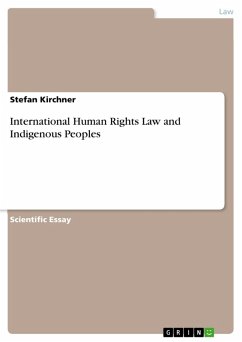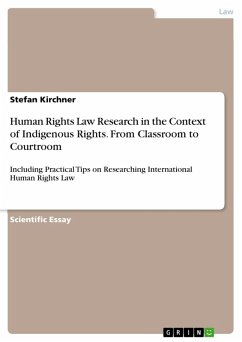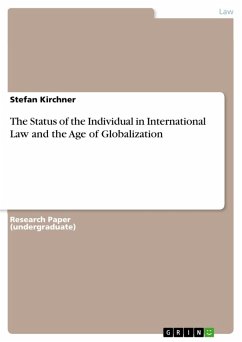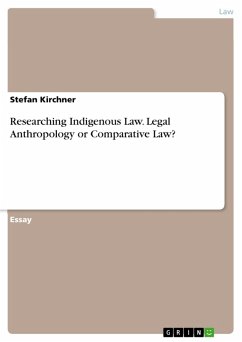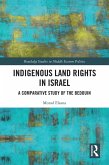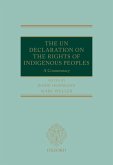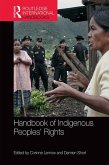Scientific Essay from the year 2015 in the subject Law - European and International Law, Intellectual Properties, , language: English, abstract: How does general international human rights law protect indigenous peoples? After all, the Universal Declaration of Human Rights (UDHR) remains silent on the issue. But the UDHR formed the fundament for the creation of the International Covenant on Civil and Political Rights (ICCPR) and the International Covenant on Economic Social and Cultural Rights (ICESCR), which share a common Article 1, which protects indigenous livelihoods. Article 1 (2) ICCPR / ICESCR is a reminder of the right to self-determination of peoples and while there is some debate as to whether this is a subjective right of peoples in relation to states or merely a legal principle and if it also applies to indigenous peoples, Article 1 ICCPR / ICESCR is a reminder of the continued relevance of indigenous sovereignty. This essay looks at how international human rights law can be utilized to protect indigenous peoples from the practical human rights law perspective.
Dieser Download kann aus rechtlichen Gründen nur mit Rechnungsadresse in A, B, BG, CY, CZ, D, DK, EW, E, FIN, F, GR, HR, H, IRL, I, LT, L, LR, M, NL, PL, P, R, S, SLO, SK ausgeliefert werden.

